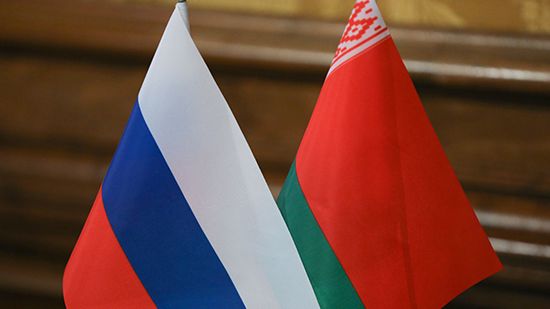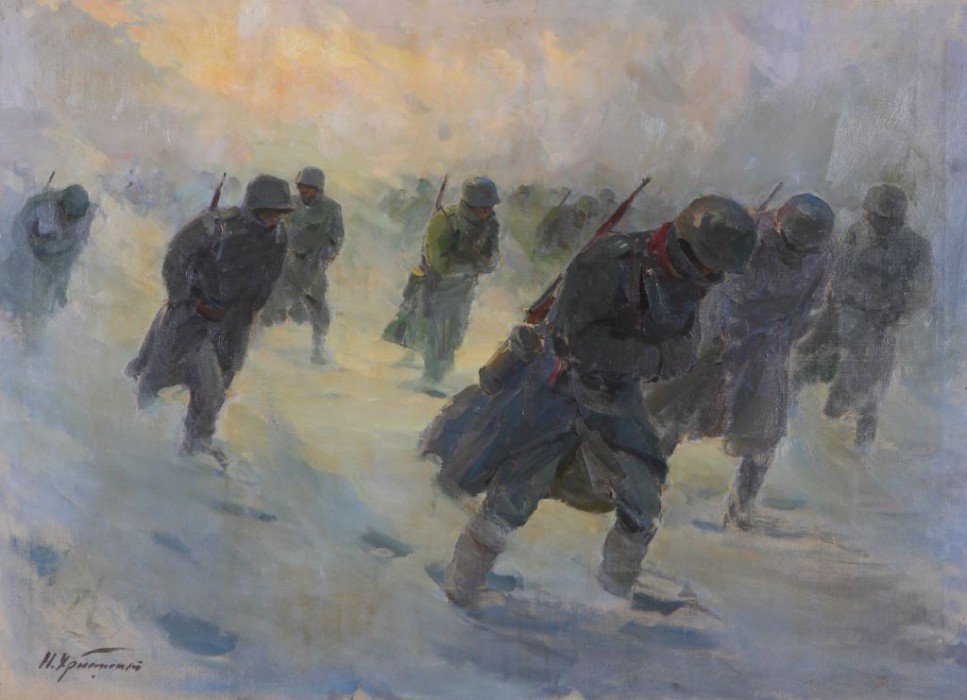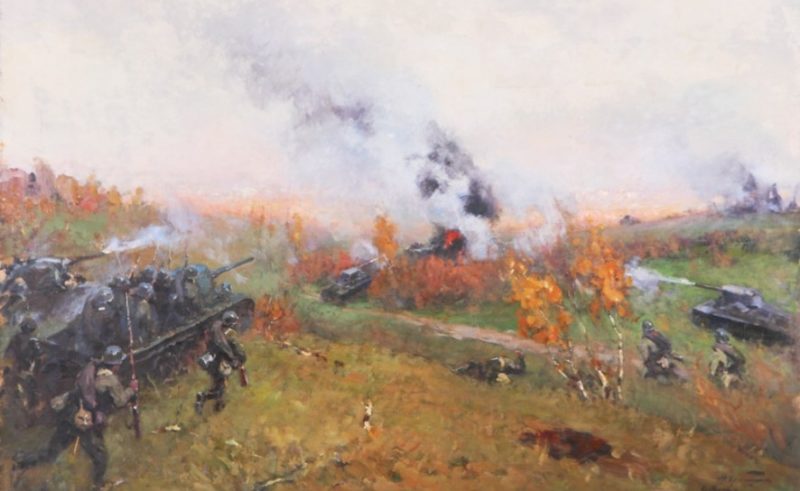04.11.2021, Moscow.
The main issue of the Union State is the format of unification of Russia and Belarus, political scientist, doctor of political sciences, professor at Lomonosov Moscow State University Sergey Chernyakhovsky said to Rossa Primavera News Agency on November 4.
“In our conditions, the main question is the format of unification of the two countries. Should Belarus be part of Russia? Or should it be two united states within a federation or confederation?” Chernyakhovsky noted.
He also pointed out that the integration processes began more than twenty years ago. “We will probably see something when the states start to implement in practice the signed roadmaps for the integration of our countries,” the political scientist said.
Chernyakhovsky stressed that everyone understands that the integration processes between Russia and Belarus must continue. “If it were not for this understanding, there would be no signing of the Union Decree between Russia and Belarus,” the political scientist concluded.
As Rossa Primavera News Agency informed, Russian President Vladimir Putin and Belarusian President Aleksandr Lukashenko signed the integration decree of the Union State on November 4. The signed decree approves 28 programs in the frameworks of the Union State, endorsed in September, as well as the main directions of implementation of the Union State Treaty for 2021 – 2023.
Russia and Belarus signed the Treaty on the Union State on December 8, 1999. By the 20th anniversary of the document, the countries created a working group to develop sectoral roadmaps, which Moscow and Minsk then reformatted changed into union integration programs. Most of the programs run until 2025, some of them until 2027.
Background
The Treaty on the Union State between Russia and Belarus was signed on April 2, 1997. The leader of Belarus Aleksandr Lukashenko actively promoted the deal. The parties planned to unify the legal basis, power structures, and the currency and market.
The integration process began to slow down because of political and economic disagreements. In particular, the President of Belarus has repeatedly claimed the risk of losing state sovereignty, allegedly under pressure from Russia. He also accuses Moscow of unwillingness to abolish customs duties.
Another important topic in the bilateral relations between Russia and Belarus is the sale of Russian oil and gas at preferential prices. At the same time, the stability of the political system of Belarusian President Aleksandr Lukashenko largely depends on the subsidies, which are put on the price of Russian hydrocarbons.
In recent years, Lukashenko’s political rhetoric has also sharpened, and he is ready to talk about the Great Patriotic War as a “foreing” war for Belarus. On the one hand, the Belarusian leader declares brotherly relations with Moscow and unity of the people, but on the other hand, the polemics about the Union Treaty and oil and gas prices become more and more heated.
Both vectors of behavior are aimed at prolonging Lukashenko’s own power, including through the maintenance of economic stability at the expense of Russian discounts.
Source: Rossa Primavera News Agency




